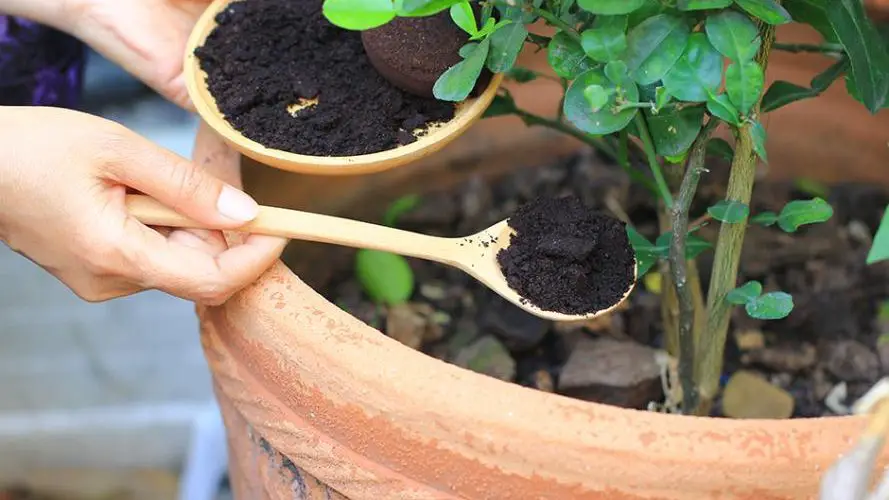Coffee grounds are celebrated for their role as a natural fertilizer, improving soil structure and deterring pests like aphids and slugs. However, integrating coffee grounds into your gardening routine without careful consideration can sometimes do more harm than good. Here are seven common pitfalls to avoid ensuring that using coffee grounds benefits your garden plants rather than harms them.
Summary of Common Mistakes
- Inappropriate Use on Sensitive Plants Coffee grounds add nutrients such as nitrogen, phosphorus, and potassium to the soil and slightly increase its acidity. While certain plants like azaleas and hydrangeas thrive in acidic soil, others such as tomatoes and bellflowers may suffer. It’s crucial to understand the soil preferences of each plant to prevent adverse reactions.
- Overapplication Even plants that prefer acidic soil can be overwhelmed by excessive amounts of coffee grounds. Too much can lead to soil acidity imbalances, potentially stunting plant growth and affecting their health. For safe application, use about 30 grams of coffee grounds per 10 liters of substrate.
- Exclusive Use as Fertilizer While coffee grounds are beneficial, they shouldn’t be the sole source of nutrition for plants. A balanced diet that includes a variety of nutrients from different sources is essential for plant health.
- Excessive Amounts in Compost Coffee grounds can enhance compost by feeding and activating it, but too much can disrupt the balance, slowing decomposition and potentially harming beneficial bacteria. Limit coffee grounds to no more than 20% of your compost’s total volume.
- Application on Infested Plants Coffee grounds are a natural repellent for certain pests and animals; however, they are not a cure-all. Their use should be part of a broader pest management strategy, especially in gardens already experiencing infestations.
- Using Wet Coffee Grounds Always dry coffee grounds before application to prevent mold growth in the soil. If not using immediately, store the dried grounds in a refrigerator or freezer and allow them to reach room temperature before use.
- Use With Seedlings Seedlings benefit from the nutrients in coffee grounds, but caution is needed. Too much can inhibit growth rather than support it.
By understanding these common mistakes, gardeners can effectively use coffee grounds to enhance plant growth and maintain healthy gardens.
